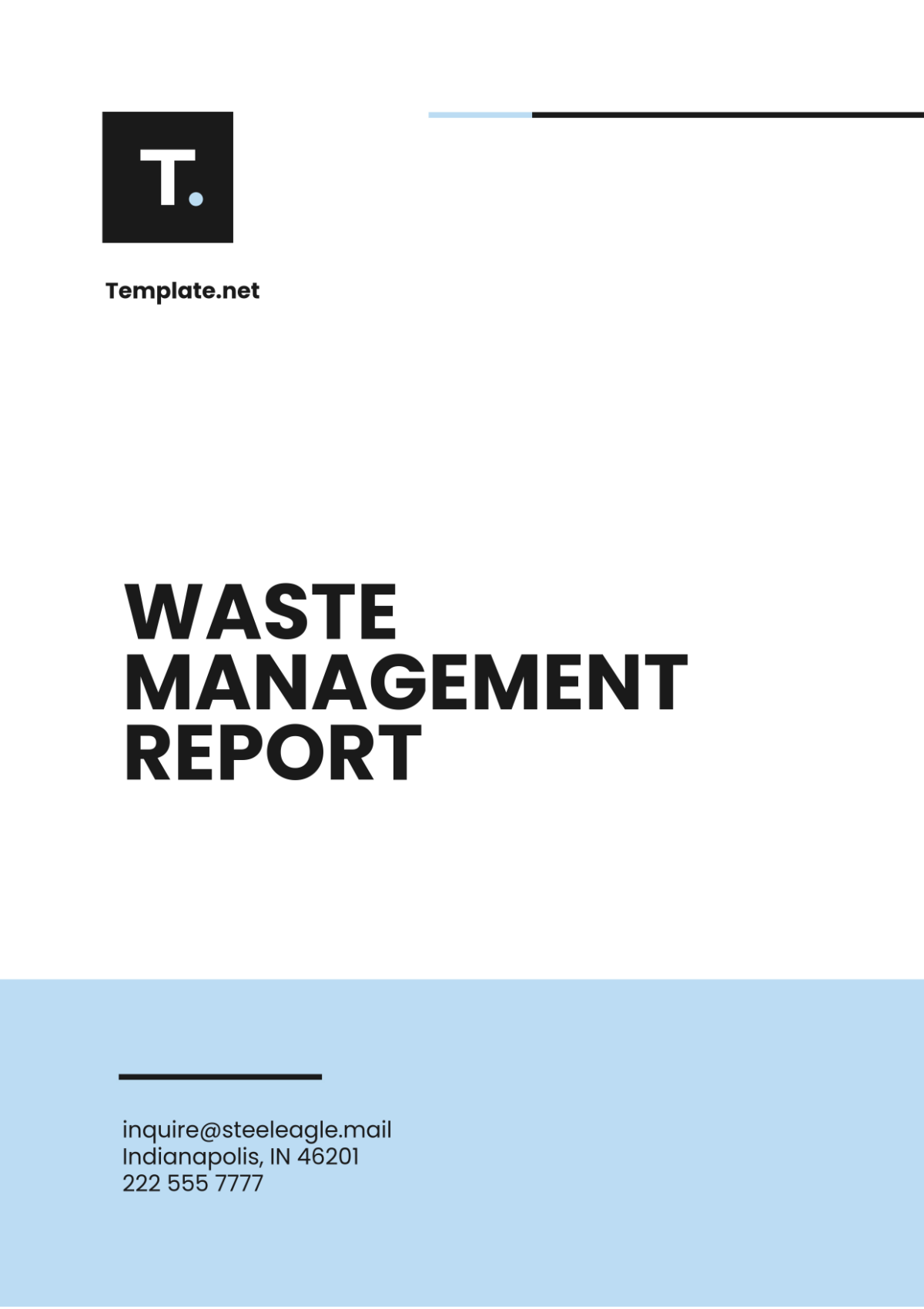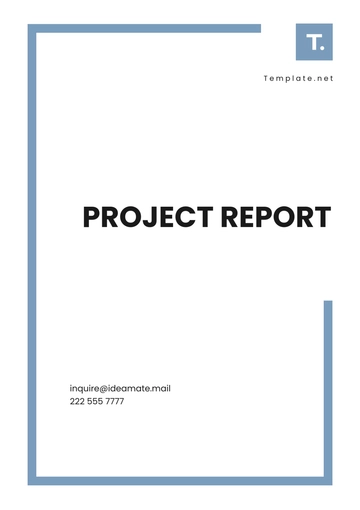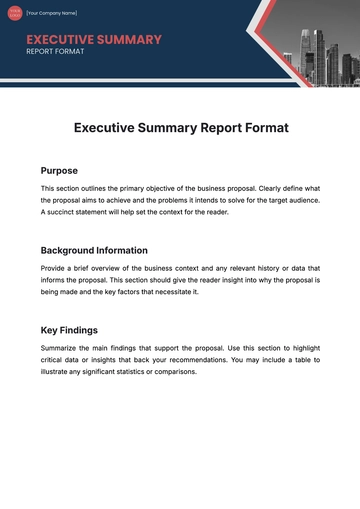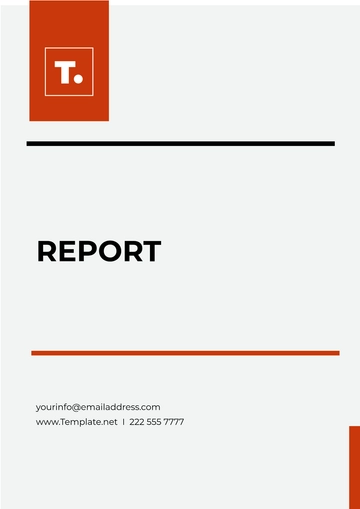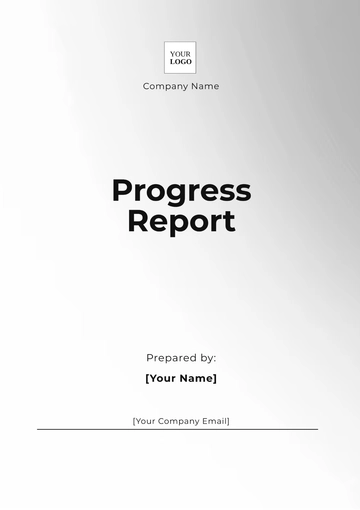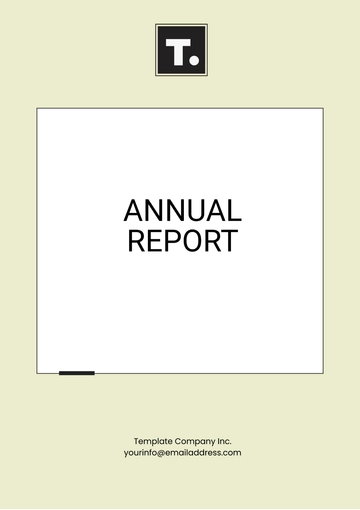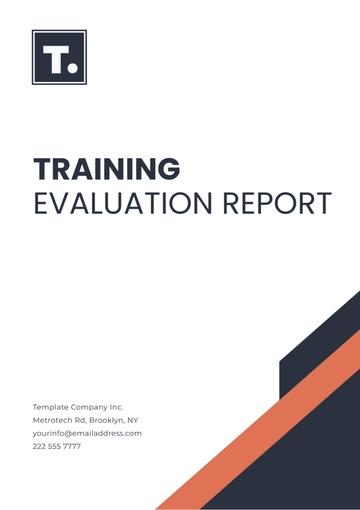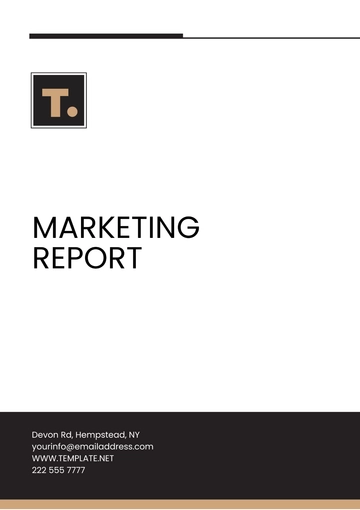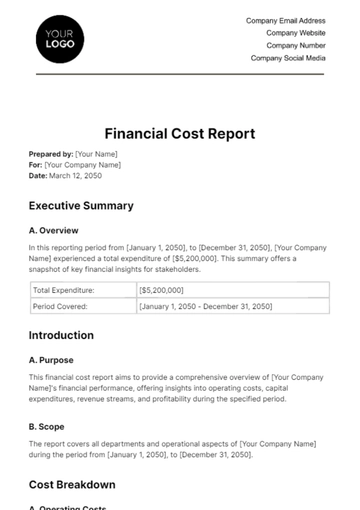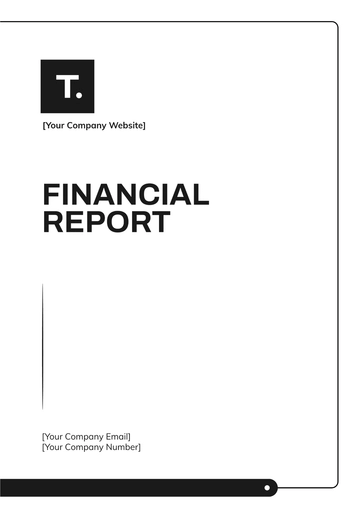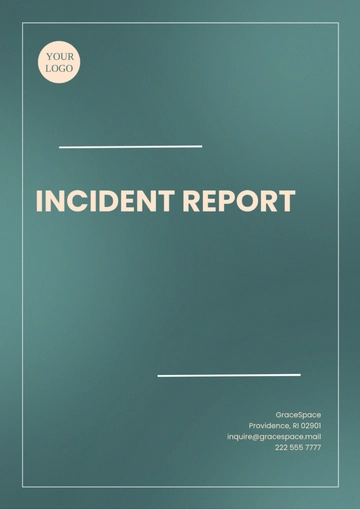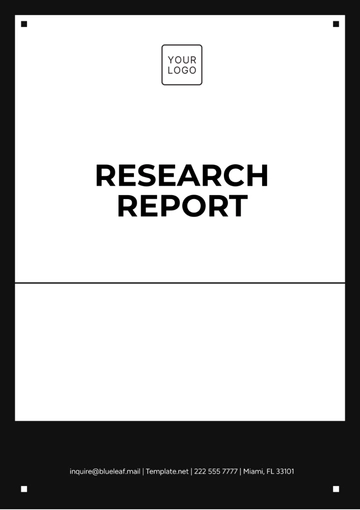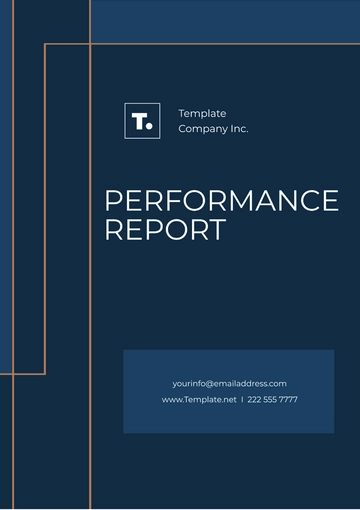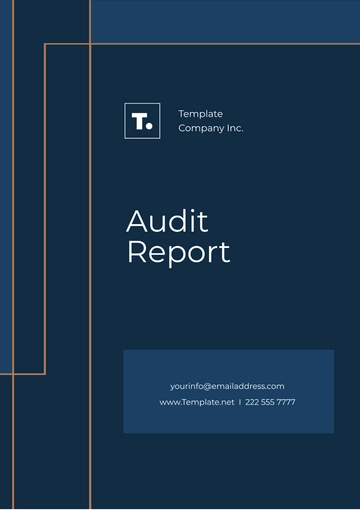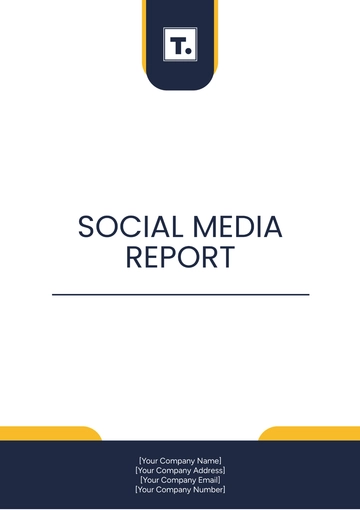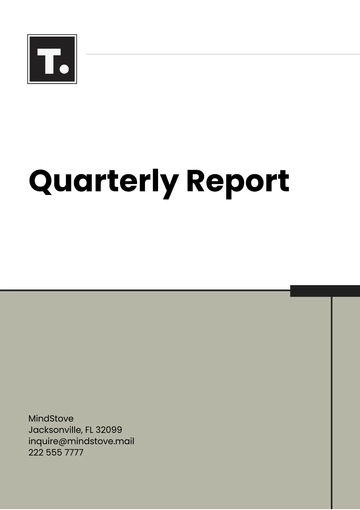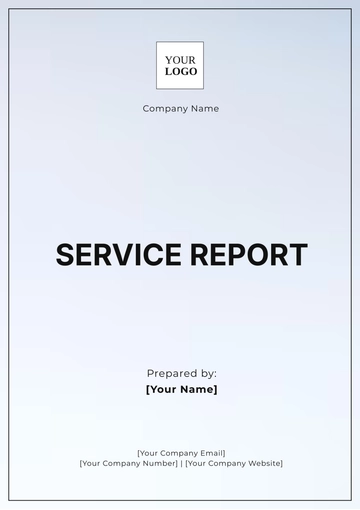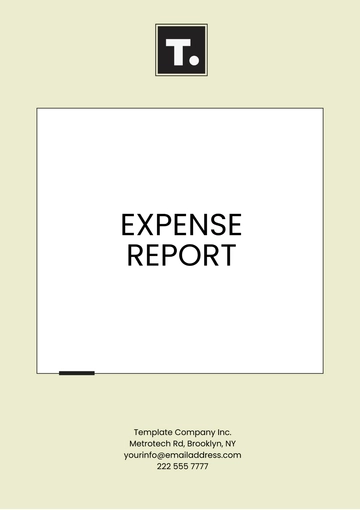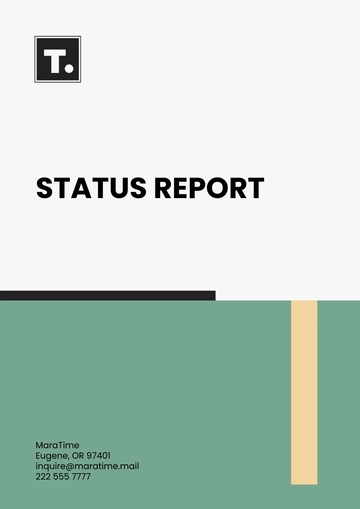Waste Management Report
Prepared by: [Your Name]
Date: October 30, 2050
I. Executive Summary
The Waste Management Report aims to provide an overview of waste management practices within [Your Company Name] for the year 2050. This report outlines the current status of waste management, evaluates effectiveness, and presents recommendations for future improvements. The importance of waste management is highlighted in terms of environmental sustainability, cost-effectiveness, and compliance with regulatory requirements.
II. Current Waste Management Practices
Types of Waste Generated
[Your Company Name] generates various types of waste categorized as follows:
Waste Type | Percentage of Total Waste | Description |
|---|
Organic Waste | 35% | Food scraps, yard waste |
Recyclable Waste | 40% | Paper, plastics, metals, glass |
Hazardous Waste | 10% | Chemicals, batteries, electronic waste |
General Waste | 15% | Non-recyclable and non-hazardous waste |
Waste Management Methods
To manage the waste generated, [Your Company Name] employs the following methods:
Recycling Programs: Regular collection and sorting of recyclable materials are implemented to minimize landfill waste.
Composting: Organic waste is composted to reduce the volume of waste sent to landfills and produce nutrient-rich soil.
Hazardous Waste Management: Specialized contractors are utilized for the safe disposal of hazardous waste, ensuring compliance with regulations.
Waste Reduction Initiatives: Employee training programs and awareness campaigns are conducted to promote waste reduction at all levels of the organization.
III. Performance Evaluation
Key Performance Indicators (KPIs)
The effectiveness of our waste management strategies is measured through several KPIs:
KPI | Target (%) | Current Performance (%) |
|---|
Waste Diversion Rate | 75% | 72% |
Recycling Rate | 50% | 45% |
Organic Waste Composting | 40% | 38% |
Hazardous Waste Compliance | 100% | 98% |
Analysis of Performance
The analysis of the KPIs reveals that while [Your Company Name] is performing well in several areas, there are opportunities for improvement, particularly in increasing the recycling rate and organic waste composting efforts.
IV. Recommendations
Enhancing Recycling Initiatives
To improve the recycling rate, it is recommended to:
Increase Employee Engagement: Launch campaigns to encourage employees to recycle more effectively, emphasizing the benefits of recycling.
Improve Recycling Facilities: Upgrade recycling bins and signage throughout the company to make recycling more accessible.
Expanding Composting Programs
To enhance composting efforts, the following actions are suggested:
Provide Composting Workshops: Educate employees on the benefits and methods of composting, both at work and at home.
Increase Composting Capacity: Invest in larger composting facilities to handle increased organic waste.
V. Conclusion
Effective waste management is essential for the sustainability and operational efficiency of [Your Company Name]. By implementing the recommendations outlined in this report, the company can enhance its waste management practices, contributing to environmental sustainability and compliance with regulatory standards.
For further information or to discuss this report, please contact [Your Name] at [Your Email] or reach out to [Your Company Name] via email at [Your Company Email]. Your engagement is vital for advancing our waste management initiatives.
Report Templates @ Template.net
